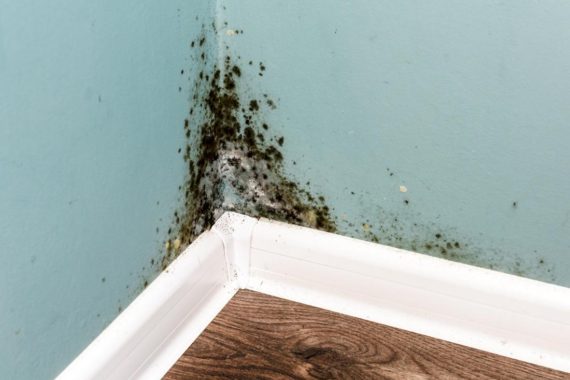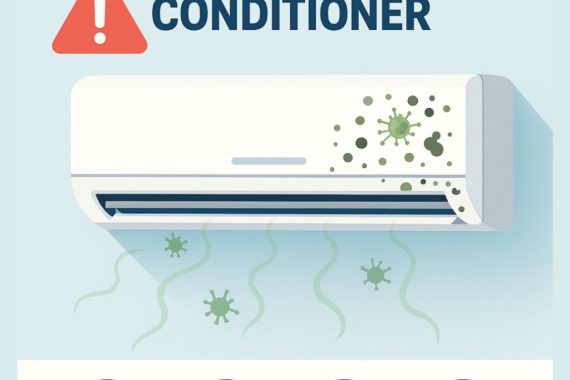Mould is more than just an unsightly nuisance in homes and businesses—it’s a serious health hazard. Whether you’re dealing with visible mould growth or hidden spores in your property, prolonged exposure to mould can lead to a variety of health issues. Understanding the risks associated with mould exposure is crucial to protecting your family and employees. In this article, we’ll explore the health effects of mould and why professional mould removal is essential for maintaining a safe and healthy environment.
How Does Mould Affect Your Health?
Mould releases microscopic spores into the air, which can be inhaled by occupants of a mould-infested space. While some individuals may experience mild symptoms, others—especially those with allergies, asthma, or weakened immune systems—may suffer from severe health complications. The extent of the health effects depends on factors such as the type of mould, duration of exposure, and individual sensitivity.
Common Health Issues Linked to Mould Exposure
- Respiratory Problems
Mould spores can irritate the respiratory system, leading to coughing, wheezing, shortness of breath, and throat irritation. People with asthma or chronic lung conditions are at a higher risk of experiencing exacerbated symptoms.
- Allergic Reactions
Mould exposure is a common trigger for allergic reactions, which may include sneezing, runny or blocked nose, itchy eyes, skin rashes, and sinus congestion. These symptoms can worsen with prolonged exposure, affecting your overall well-being.
- Weakened Immune System
Individuals with compromised immune systems, such as the elderly, infants, and those undergoing medical treatments, are more susceptible to infections caused by mould exposure. Certain moulds, like Aspergillus, can cause lung infections in immunocompromised individuals.
- Neurological Symptoms
Some mould species produce mycotoxins, which can lead to neurological symptoms such as headaches, dizziness, difficulty concentrating, and memory loss. Long-term exposure to mould in a contaminated environment has been linked to cognitive impairment in some cases.
- Skin and Eye Irritation
Direct contact with mould-contaminated surfaces can cause redness, irritation, or inflammation of the skin. Mould spores can also cause eye irritation, leading to redness, watering, and itchiness.
Who Is Most at Risk?
While mould can affect anyone, certain groups are more vulnerable to its health effects, including:
Children and infants – Their developing immune systems make them more susceptible to respiratory problems.
Elderly individuals – Age-related health conditions and weaker immunity increase the risks.
People with asthma or allergies – Mould is a common asthma trigger and can worsen allergy symptoms.
Individuals with pre-existing lung conditions – Chronic obstructive pulmonary disease (COPD) and other lung disorders can be aggravated by mould exposure.
The Importance of Professional Mould Removal
Ignoring mould issues in your home or business can put your health at risk. DIY mould removal methods may not address the root cause of mould growth, allowing it to return. Professional mould removal services, like those offered by Mould Pro, ensure thorough mould inspection, safe removal, and preventative measures to stop future growth.
How Mould Pro Can Help
At Mould Pro, we specialize in effective and long-lasting mould removal solutions. Our team uses advanced techniques and eco-friendly products to eliminate mould safely and restore indoor air quality. We offer:
Comprehensive mould inspections
Safe and efficient mould removal
Moisture control and ventilation solutions
Preventative treatments to reduce future growth
Take Action Today!
If you suspect mould growth in your home or workplace, don’t wait for health symptoms to worsen. Contact Mould Pro today for a professional assessment and mould removal services.




